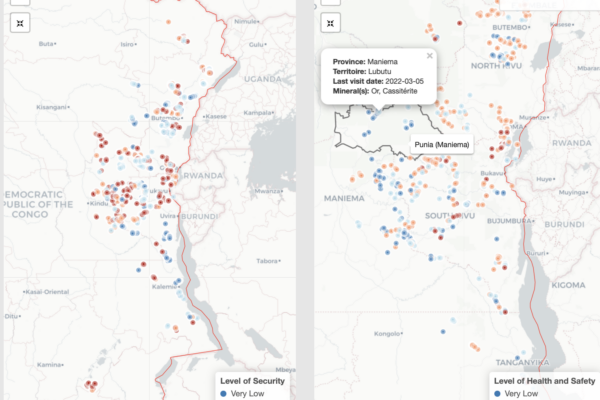
Responsible mining scorecard in eastern DRC
August 31, 2022Over the years, IPIS has systematically collected mine site and trade hub level data on artisanal and small-scale mining (ASM) in eastern DRC. This data collection has enabled IPIS to generate a sizable database of more than 3,000 ASM sites that draws both on sites visited by IPIS and data from third party sources including the Congolese mining cadastre and the Mini
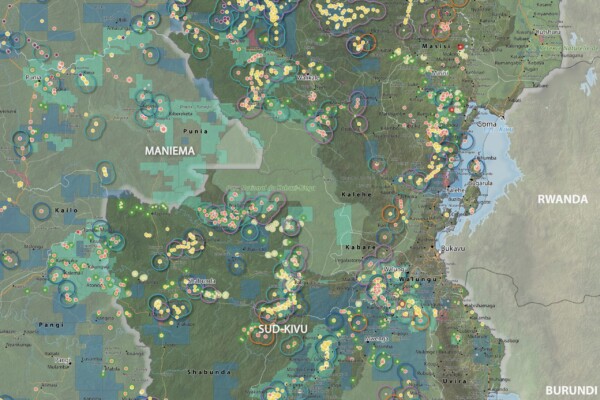
Maps of artisanal and small-scale mining in eastern DRC
July 4, 2022IPIS has created large format maps of known past and present ASM sites in eastern DRC. These A0 maps cover the provinces of Haut Uele, Maniema, Ituri and North and South Kivu. Each map details the type of minerals, the qualification status by official authorities, the mining titles and provide with an overview of armed presence in and around the mines as reported during field visits conducted by I
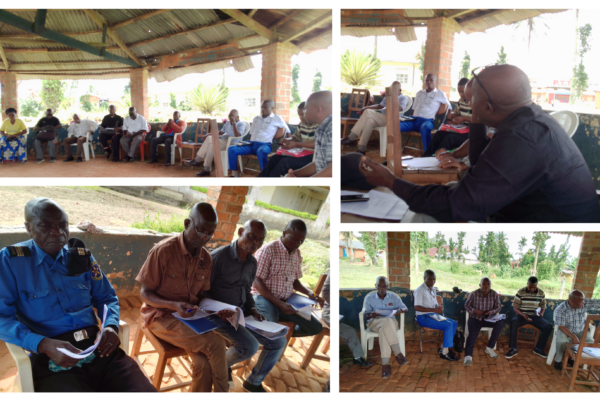
Feedback session: Sharing the results of the data collected in Shabunda
May 19, 2022Since 2021, IPIS undertakes another large-scale mapping effort of artisanal and small-scale mining (ASM) sites in the eastern Democratic Republic of Congo (DRC), – in partnership with USAID and the Congolese Ministry of Mines (through its technical service SAEMAPE). The project aims to provide observers, supply chain actors and policymakers with reliable data to understand artisanal mineral
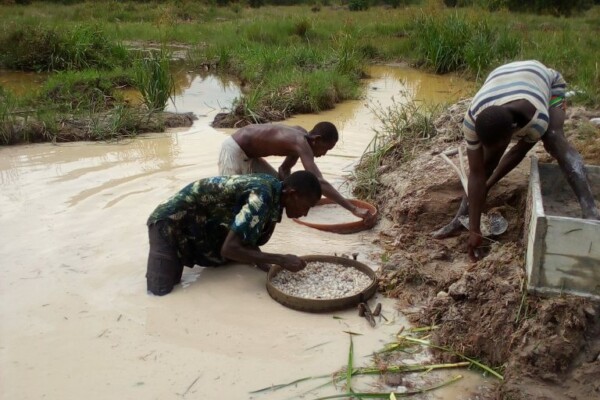
Grassroots research on local diamond mining impact
March 1, 2022During 2021, IPIS supported members of the Kimberley Process Civil Society Coalition (KP CSC) in a series of grassroots studies on the human rights, socio-economic and environmental impact of diamond mining in eight African countries. IPIS provided online trainings on field survey methodology as well as editorial support to ten civil society organisations who carried out independent field res
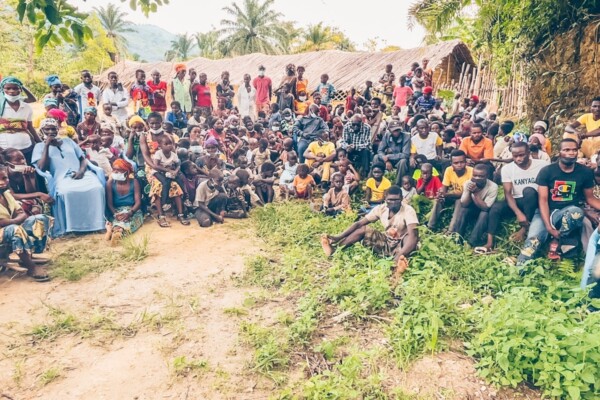
Unconditional cash transfers in the DRC: A comparative baseline study in an artisanal mining zone in Maniema Province
March 1, 2022A controlled impact study will be conducted by IPIS to evaluate the net effects of Unconditional Cash Transfers (UCT) on the socio-economic well-being of recipients. A controlled study approach allows potential effects of the intervention to be assessed by monitoring specific indicators in the group of people receiving cash transfers (inhabitants of the UCT village), in comparison with a comparabl
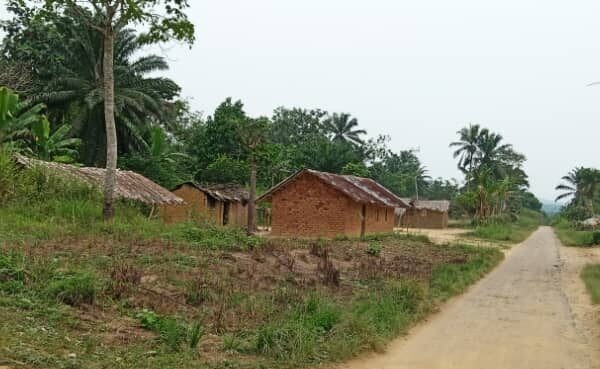
Analysing the impact of unconditional cash transfers in an artisanal mining zone in Maniema province, DRC
March 1, 2022Building on previous experience in Uganda, the Belgian organisation Eight World vzw started in October 2021, an Unconditional Cash Transfer (UCT) pilot project in a village in an artisanal mining zone in Maniema province, in eastern Democratic Republic of Congo (DRC). In the coming years, more villages in that region will be added to this UCT program.Eight World transfers cash directly to individu
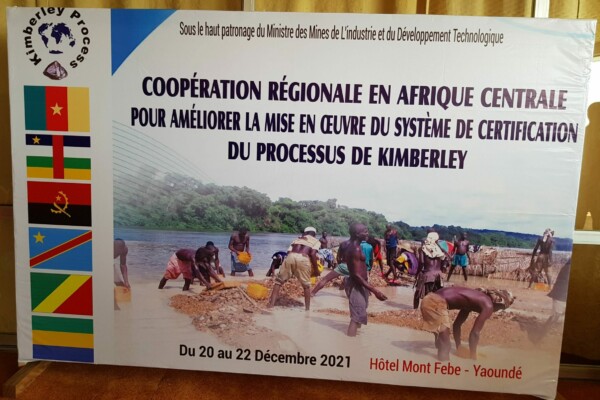
Report of high-level workshop on the fight against fraud and smuggling of rough diamonds in Central Africa
February 14, 2022Regional Cooperation to Enhance the Implementation of the Kimberley Process in Central Africa In December 2021, the Working Group on Artisanal and Alluvial Production (WGAAP) of the Kimberley Process (KP) and the Cameroonian government hosted the second Central African regional cooperation workshop in Yaoundé to build understanding, share experiences and formulate recommendations on the fight agai
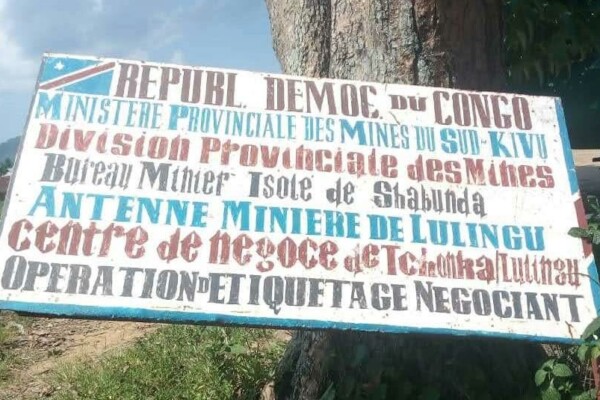
Comparative analysis of the fiscal regimes and implications for mineral trade of ASM 3TGs in Rwanda, Uganda, Burundi and the DRC
February 14, 2022This briefing paper looks at the relationship between mineral fiscal regimes and the smuggling of minerals in the Great Lakes Region, both within and between countries. It presents an overview and comparative analysis of the fiscal regimes applicable to the artisanal and small-scale (ASM) production of tin, tungsten, tantalum and gold (3TGs) in Uganda, Rwanda, Burundi and the DRC, looking at the p
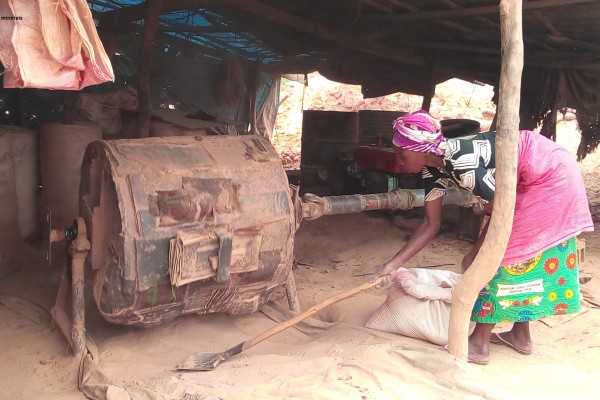
Voix du Congo: Misisi gold, a polluted supply chain: Causes and consequences
January 24, 2022In this Voix du Congo publication, the Congolese civil society organisation Action for Peace and Development (APDE) analyses mining-related incidents reported via the “Kufatilia” platform between July 2020 and June 2021 in the mining region of Misisi.
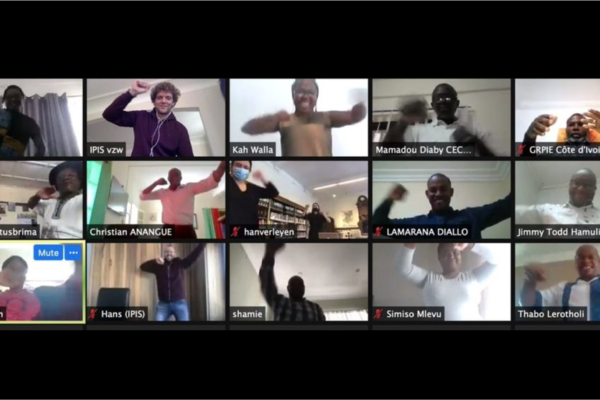
KP CSC Highlights of 2021
January 12, 2022At the start of this new year the Kimberley Process Civil Society Coalition looks back on the previous one with these highlights from 2021
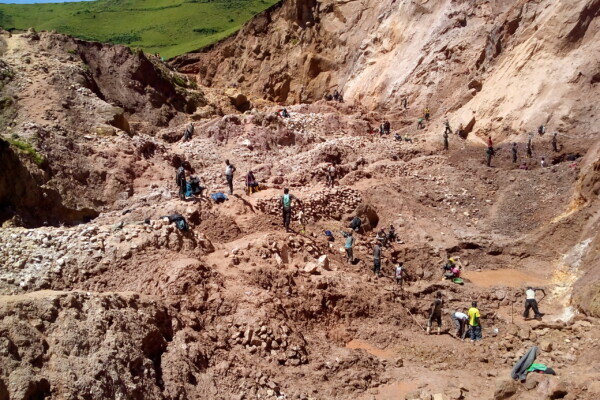
New large-scale mapping project of artisanal and small-scale mining in eastern DRC launched
November 10, 2021Over the next two years, IPIS – in partnership with USAID, Tetra Tech and the Congolese Ministry of Mines (SAEMAPE) – will undertake a large-scale mapping effort of artisanal and small-scale mining sites in the eastern Democratic Republic of Congo (DRC), with the aim to provide observers, suppliers and policymakers with reliable data to understand artisanal mineral supply chains and conflict finan

Understanding artisanal mining supply chains and conflict financing in DRC
November 5, 2021Reliable data enable observers, suppliers and policymakers to adress ‘conflict minerals’ trade in Eastern DRCWhen effectively monitored and mapped, legal and responsible artisanal and small-scale mining (ASM) supply chains can promote peace and stability while providing livelihoods and contributing to rural development throughout the Great Lakes region. In Eastern DRC, where the ASM sector is larg

WEBINAR ALERT: Conflict diamonds are real, real talk is rare & affected communities want answers
October 8, 2021On 20 October 2021, the Kimberley Process Civil Society Coalition (KP CSC) is convening its second webinar of 2021 in the conversation on “Conflict diamonds are real, real talk is rare”. IPIS, as part of the KP CSC, is co-hosting this 90-minute webinar. The webinar is an opportunity for the diamond and jewellery industries to continue engaging with the Coalition directly and learn more about what

ONLINE EVENT: The European Regulation on Responsible Mineral Sourcing: what are the lessons learned so far?
September 14, 2021The main takeaways from the workshop and the conference have been summarized in a report that can be downloaded here. From 21 to 28 September 2021, the European Network for Central Africa (EurAc), Germanwatch, IPIS, Justice & Paix, the MADINI project, Ecumenical Network for Central Africa (ÖNZ) will host an online conference bringing together local and European civil society representatives, E

Belgium’s fight against conflict diamonds: an assessment of the country’s diamond sector controls from a global perspective
May 31, 2021In its new report, IPIS assesses Belgium’s fight against conflict diamonds. The report focusses on the Belgian city of Antwerp, which has played a central role in the global diamond trade for centuries. Yet as the world’s diamond hub, Antwerp not only attracted the best but also the worst of this diverse industry. In no uncertain terms, a series of UN and NGO reports linking Antwerp to bloody civi
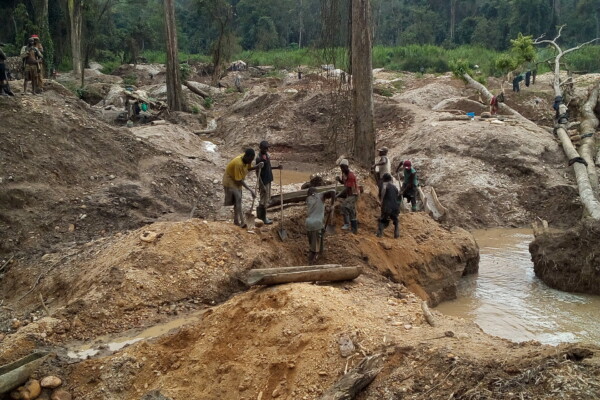
IPIS Insights -The artisanal and small scale mining sector in eastern DRC six months after the Covid-19 outbreak
April 19, 2021In April 2020, when the Coronavirus spread around the world, IPIS started monitoring the impact of the pandemic on the production and trade of the artisanal and small-scale mining (ASM) sector in eastern Democratic Republic of the Congo (DRC). IPIS published a report in October 2020 that discussed the results of several rounds of consultations with ASM stakeholders at nearly 90 Tin, Tantalum, Tung
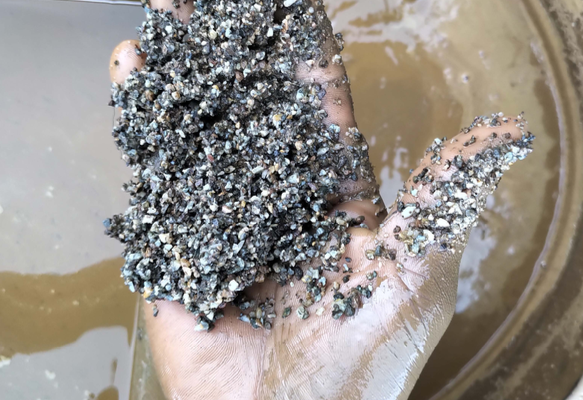
Evaluating Due Diligence Programs for Conflict Minerals
March 29, 2021The 2010 Dodd-Frank Act requires that US-listed companies sourcing so-called “conflict minerals” from Africa’s Great Lakes region conduct due diligence. Since January 2021, the EU imposes its 3TG importers to conduct due diligence in line with the OECD Guidelines (for a comparison between the two regulations, see IPIS Insight: Regulating Responsible Sourcing of 3TG Minerals). D
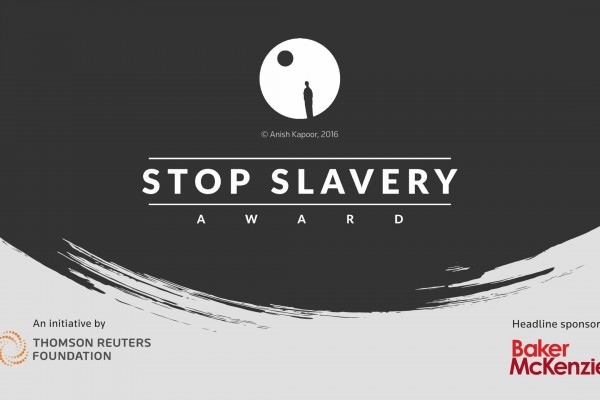
Kufatilia wins the 2021 Stop Slavery Award
March 8, 2021The 2021 Stop Slavery Award attributed by the Thomson Reuters Foundation was granted to Ulula for the project Kufatilia, in the category “collaboration”. Kufatilia is an artisanal and small-scale mining (ASM) incident tracker developed by IPIS and powered by Ulula. It is a tool for Congolese civil society organisations to report and monitor incidents in Eastern DRC in a transparent,
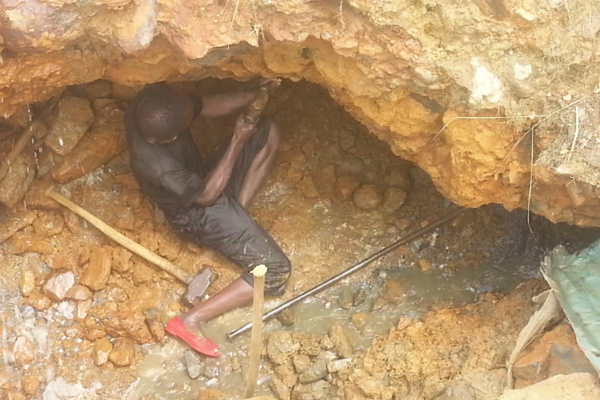
Voix du Congo: Analysis of incidents in 3TG supply chains in Walungu and Kabare, South-Kivu, DRC
February 2, 2021Since November 2018, International Peace Information Service (IPIS) has been implementing the “Kufatilia” project which aims at strengthening transparency in the monitoring of incidents related to artisanal mining.
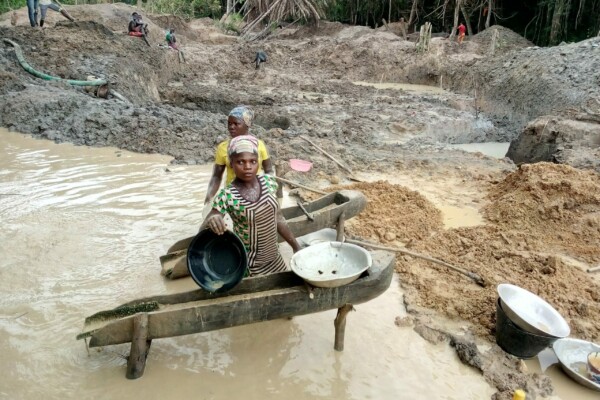
The Impact of Covid-19 on artisanal mining in Western Central African Republic
January 21, 2021To assess the socio-economic impact of the Covid-19 pandemic on the artisanal and small-scale mining (ASM) sector in Western Central African Republic (CAR), IPIS conducted a series of phone surveys with key informants located on 260 gold and diamond mining sites. The Covid-19 pandemic has been particularly harsh on the artisanal mining sector in Western CAR, emphasizing existing trends since the 2

